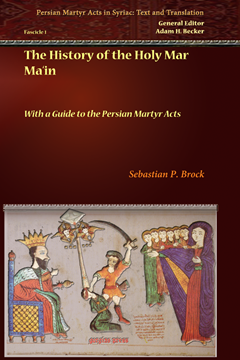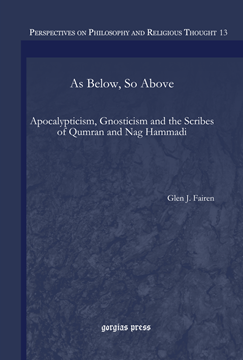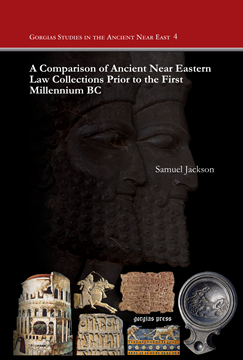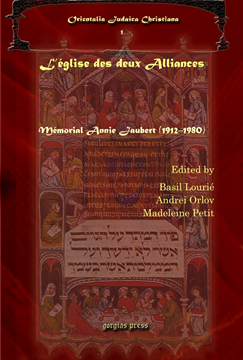Geschichte der spät- und neusyrischen Literatur
Series: Gorgias Neo-Aramaic Studies 12
ISBN: 978-1-59333-219-8
More than a literary survey, this introduction to the history of late and Neo-Syriac (Neo-Aramaic) covers the works of the past several centuries. Macuch begins with the post-Mongolian period to the end of the 18th century. For the 19th century, Macuch considers the situation of the Assyrians in this period, including the American, Anglican, and Russian Orthodox missionary enterprises in Urmia, noting the writers of the foreign missions. For the twentieth century he includes literature from the period of the wars up to the 1970s. Various East-Syriac and West-Syriac authors of the Chaldean and Church of the East, and Syrian Orthodox and Maronite traditions, as well as the Syrian literature of Malabar in southern India are also considered.
$214.00 (USD) $128.40 (USD)
The History of the Holy Mar Ma‘in
With a Guide to the Persian Martyr Acts
ISBN: 978-1-59333-222-8
The History of Holy Mar Ma‘in of Sinjar tells the story of a Sasanian general during the time of Shapur II (309-79) who suffered persecution after his conversion to Christianity. In this volume, the first in this new series from Gorgias Press, Sebastian P. Brock provides the first edition ever of the Syriac text of the History of Ma‘in as well as the first full translation of it. This volume also includes a basic guide to the whole corpus of Persian Martyr Acts as well as useful indices to these numerous texts.
$44.00 (USD) $26.40 (USD)
As Below, So Above
Apocalypticism, Gnosticism and the Scribes of Qumran and Nag Hammadi
ISBN: 978-1-59333-082-8
Questioning the scholarly assumptions regarding the “heretical” Nag Hammadi Library and the “apocalyptic” Dead Sea Scrolls, Fairen argues that they were not diametrically opposed, but represent a scribal reconfiguration of an Enochic worldview as a critique of foreign rule.
$133.00 (USD) $79.80 (USD)
A Comparison of Ancient Near Eastern Law Collections Prior to the First Millennium BC
Series: Gorgias Studies in the Ancient Near East 4
ISBN: 978-1-59333-221-1
This book highlights and explains consistent differences in both the framing and content of the various pre-first millennium BC law collections of Mesopotamia, Egypt and Hatti. The differences between collections are placed in the broader background of the worldview and political make-up of the societies and individuals that created them, and their historical context.
$156.00 (USD) $93.60 (USD)
L’église des deux Alliances
Mémorial Annie Jaubert (1912–1980)
Series: Orientalia Judaica Christiana 1
ISBN: 978-1-59333-083-5
The book represents a collection of articles devoted to the memory of Annie Jaubert, a French scholar known for her research on the calendrical teachings of the Hebrew Bible, the Second Temple pseudepigrapha (1 Enoch, the Book of Jubilees), and Qumran literature. The articles discuss various aspects of Jaubert’s work on early Christian and Jewish calendars, including her solution to an old problem of the conflicting chronologies for the Passion Week in the Synoptic Gospels and the Gospel of John. The volume also contains the complete bibliography of Jaubert’s scholarly works and a biographical sketch of her life.
$142.00 (USD) $85.20 (USD)
United States and Two Gulf Wars
Prelude and Aftermath
Series: Conflict and Trade 2
ISBN: 978-1-59333-591-5
This incisive study by historian Lester Brune examines the background and implications of the two conflicts. Considering the late twentieth-century involvement of the United States in Iraq, Brune discusses the policy of containment and the decision to go to war a second time. He traces the situation up to the creation of an Iraqi government and Saddam Hussein’s capture and trial. The continuing implications of the wars are also analyzed.
$182.00 (USD) $109.20 (USD)





